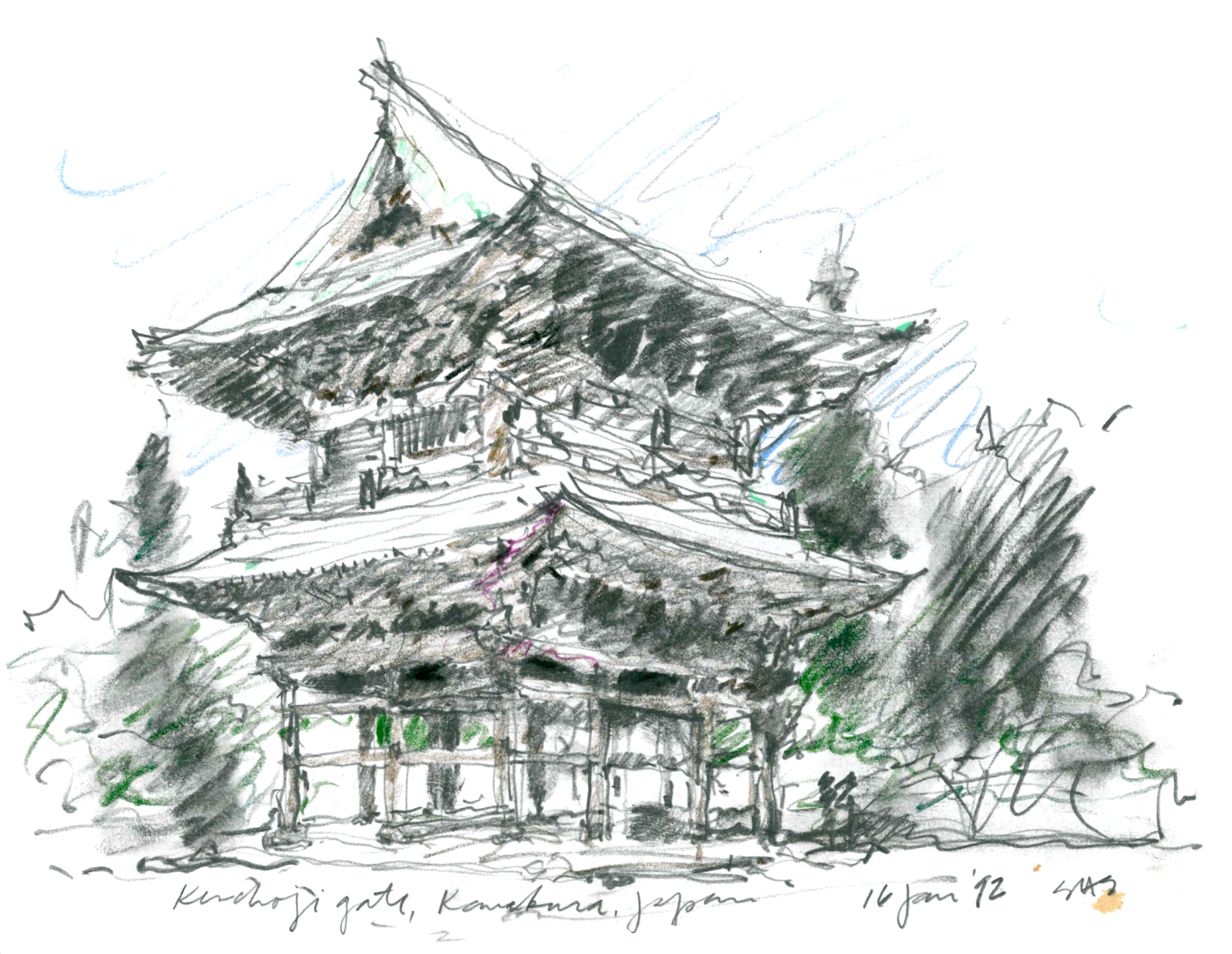Seventy years ago today, a horrific and tragic event, the bombing of Pearl Harbor by Japanese Imperialist forces, pulled the United States into the terrible global conflict that was World War II. I've read more posts and comments on social networking sites than I care to count from people who seem intent on resurrecting the ill will that arose in this country against all people of Japanese ancestry, whether they were complicit in the ambitions and savagery of the Imperialists or not. For many of these people, the anger they nurture also includes the Chinese and Koreans, who were much more viciously victimized by the aggressors than most Americans have ever understood. And sadly, many of these Americans also proudly think of themselves as good Christians, at the core of whose faith are the principles of love and forgiveness.
I was born to a Japanese mother and an American father eleven years after the war was ended by the dropping of two bombs on cities filled with innocent men, women, and children in Hiroshima and Nagasaki, who had the misfortune of being citizens in a country that was controlled by a brutal and power crazed minority dictatorship. My mother nearly starved to death in that war. My father, an enlisted man in the U.S. Marine Corps, lost his uncle in the European war, and my grandfather was injured in the Pacific fighting against the Japanese forces. It didn't go over well with either family when my mother left her homeland and my father went back to Japan, a year after promising my mother that he would return, to marry her in 1955. But over time, both families accepted their children's decision. My grandmother took my mother into her American family, and many years later, my mother nursed her in our home for many months through the long illness that eventually took her life. I learned about a gentle, beautiful, aesthetic side of Japanese culture, and later in life more painfully about the dark side of that same culture that sent Japan on its ugly imperialist ambitions.
I grew up tortured and scarred by teasing, bullying, and discrimination from children and adults in my native America who felt the need to keep the resentment and hatred spawned by the war era alive. Occasionally, even my own children, who are only one quarter Japanese, have had to endure ugly insults about their Japanese heritage. And the war ended nearly seventy years ago.
Honoring those lost to horrible acts like the Pearl Harbor invasion is important, but to use their memory to fan the fires of hate is to dishonor them and what they stood for. Remembering the atrocities of war, whether the Japanese invasion, the Nazi holocaust, ethnic cleansing in the Balkans, the extermination of native Americans by whites, or the bombing of the World Trade Center, is only valuable as a lesson to remind us what greed and hate can do, and that in this rapidly shrinking world, we all must find ways to reach across cultural and ethnic barriers, to find and appreciate our common humanity and to heal the wounds of the past.
